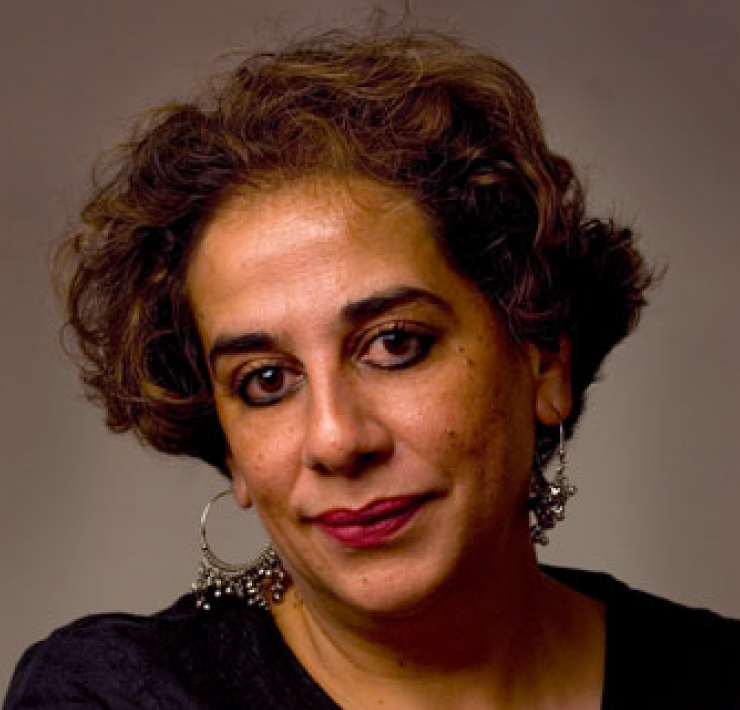Almost every year, the United Nations and humanitarian agencies declare a ‘famine’ in Somalia. This year is no different. The UN has warned that prolonged drought threatens the lives of hundreds of thousands of Somalis who may face starvation if they are not supplied with food and water. The UN and other humanitarian agencies have already begun appeals for donations.
No one asks why Somalia is so prone to food insecurity or famine when there are countries in the world which experience droughts that don’t translate into famine. The answer is quite simple: famines occur in places that lack well-functioning, accountable governments. In well-governed countries, governments ensure food security, even if it involves importing food in times of drought.
The fact is that the Somali government is simply not equipped to handle the current crisis. Somalia has lacked a fully functioning democratic government since the start of its civil war in 1991. In the last two decades, the international community has put in place semblances of governments in Somalia, but none of these ‘governments’ have been able to comprehensively provide basics like healthcare and education to the majority of the populace. Swathes of the country are governed informally through a hybrid of clan-entities that do not defer to Mogadishu.
The Somali government is also not in charge of defense. Mogadishu and various regions are under the control of soldiers from other African countries who are part of the African Union Mission in Somalia (AMISOM). Somalia’s national army is simply not sufficiently equipped to defend the country or its citizens. In such a scenario, it is difficult to determine who exactly is in charge. This is further complicated by the fact that significant sections of the country remain ungovernable (to Mogadishu) due to the presence of Al Shabaab, which collects ‘taxes’ in areas it controls.
Due to the foregoing, despite receiving millions of dollars in aid, including from Arab countries, much of Somalia remains in a deplorable state, with high illiteracy levels and ill-equipped healthcare facilities. Successive presidents and their cabinets have also been accused of siphoning aid out of national coffers, earning the country the reputation of being the most corrupt country in the world. Famine, therefore, is a perfect storm created by a combination of poor governance, corruption and insecurity.
Appeals for more food aid to Somalia, therefore, obscure the fact that Somalia has not been a functioning country for more than three decades. The food aid approach to Somalia does not offer solutions longterm to problems that are essentially political. Yet it is in the political arena that solutions to famine must be found.
Moreover, ‘internationalizing’ the responsibility of Somalia’s food security to the UN and international humanitarian agencies lets the government off the hook. It can evade responsibility for feeding its citizens or for coming up with solutions to make the country more food secure.
But is food aid really the best solution to food insecurity? Dumping bags of wheat in camps for internally displaced people does not help solve the many problems facing starving people, who also need other items to survive (such as cooking oil, other types of food for nutritional balance, not to mention soap, money to top up the mobile phones – not a luxury considering Somalia’s rich diaspora connections which can be financially helpful – and clothes and shelter). In some instances, direct cash transfers to the affected population would make more sense, allowing recipients to prioritize their needs. Food aid is also known to distort local markets and disrupt agricultural activity in recipient countries, because a glut of food in the market brings down food prices.
Weaning Somalia off food aid should therefore be a top priority of the current (albeit just settling into office, the president has served in office before) and future governments. Although Somalia is generally regarded as a semi-arid country, we forget that large parts of southern and central Somalia are extremely fertile and have the potential to become the breadbaskets of the country. But insecurity and lack of functioning federal states have negatively affected Somalia’s agriculture sector. What Mogadishu and the international community should focus on is how to make this part of the country more agriculturally productive so that Somalia can become more food secure. With the largest coastline in Africa, Somalia should also be looking at how it can boost its fishing industry, which could similarly become an important source of food security. This kind of planning requires stability, security and a well-functioning government, which, sadly, the country lacks.
Author
-

Rasna Warah is a Kenyan writer and journalist with over two decades of experience as an editor, writer and communications specialist. She wrote a weekly op-ed column for the Daily Nation, Kenya’s leading newspaper, for many years, and has contributed to various regional and international publications, including, the UK’s Guardian, Africa is a Country, The East African, The Mail and Guardian, The Elephant, and Kwani? She has worked as an editor and writer at the United Nations Human Settlements Programme (UN-Habitat) and has published two books on Somalia: Mogadishu Then and Now (2012) and War Crimes (2016). Her first book, Triple Heritage (1998), explored the history of South Asians in East Africa. Her latest book, Lords of Impunity (2022), examines the failures and internal contradictions of the United Nations and what can be done to transform this global body. She holds a Master’s degree in Communication for Development from Malmö University in Sweden and a Bachelor of Science Degree in Psychology and Women’s Studies from Suffolk University in Boston, USA. She is based in Nairobi, Kenya.




